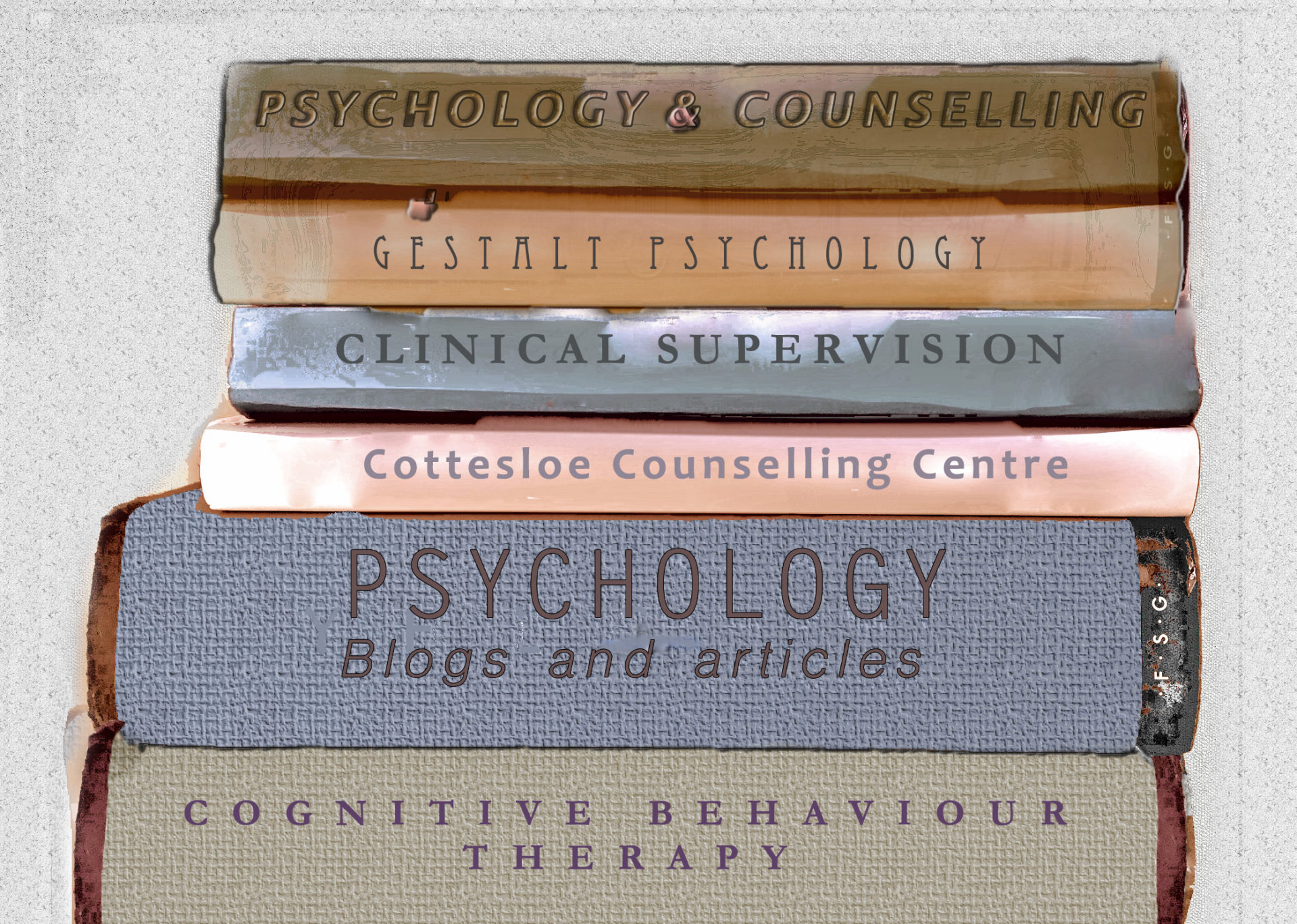What is change about?
Change is an ongoing process essential to life and living. Our body has the capacity to respond to change on a moment to moment basis. For example, our heart rate changes to meet our biological needs. Often we might not even be conscious of how we change in order to adapt to an ever- changing environment. Our capacity to adapt to change is a vital skill necessary for living.
Some changes are self initiated changes, such as when we realise that we might want to do or achieve something different to what we are currently doing. Other changes are imposed upon us, like the changing weather or seasons, which triggers a need to respond that allows us to start adapting to the change.
Change in relationships:
On a more personal level, imposed changes within relationships may occur when we get told that some aspect of how we are may be unacceptable or hurtful to someone we value or work with. They may want us to change how we do a certain task or an aspect of our behaviour in order to prevent further damage within that relationship. This sort of imposed demand for change can cause us to feel some vulnerability about how much we are valued or accepted within our relationship. There could be a sense of losing control and being rejected if we are not in a position to involve ourselves with the change process in an informed and supported manner, even if we recognise that the proposed changes are necessary.
Conversely I’m sure many of us can recall a relationship where our partner has started to change in a manner that we feel uncomfortable with. How do we express our concern? Do we have a means at our disposal to address this change in a constructive way that assists the various parties to learn and grow? Can we act constructively in a manner that does not leave us feeling compromised?
We all have an innate knowing that no relationship is static and unchanging. All healthy relationships allow and support our capacity to change. However when confronted with a change that threatens our valued status within a relationship, it can be very difficult to stay connected with what is positive about our relationship and our capacity to support us through the process of adapting to change may be diminished. This is where awareness of how we access our internal and external support processes can play a constructive role.
Unsupported, imposed and traumatic change:
For many of us, the thought of most of life’s changes poses no threat. In fact it can be an exciting process which we might look forward to. However if our lived experience of change has left us hurt, worn out and fatigued, the mere thought of more change elicits anxiety and dread, especially as we try to imagine how we are going to cope with an impending challenge or task.
Unsupported change can make us feel disoriented, stressed, sad, angry, worried or anxious. Prolonged exposure to such a combination of the above mentioned emotions may lead to depression in the longer term. If we were to encounter sudden and traumatic change without the supports we require to adjust, or make sense of our experience and heal, we could quickly come to perceive any hint of impending change as threatening.
Most of us have some intrinsic knowing of how best to respond to some of life’s changes. However, if for some reason we lose our ability to access our internal and external supports, our capacity to respond appropriately and effectively to change diminishes. We may find ourselves responding in a manner that most of us may determine is not measured or reasonable, especially if someone else were to respond to us that way. Such experiences can lead to feelings of self-doubt and a loss of confidence in our capacity to cope with future or similar changes. Finding ourselves avoiding any situation that might imply having to change may bring some short-term relief. However, the sheer effort of trying to keep things and the people who share our lives constant and unchanging may show us some of the flaws and personal cost with that chosen strategy.
What are some of the options?
Counselling and psychotherapy might assist and support us in better understanding the issues at hand with a specific process of change. It allows us to explore within a safe and supported environment how our internal and external processes that support change currently work for or against us. This is part of the process of improving our awareness and acceptance of how it really is for us, as opposed to being pressured into imagining how we should be.
Getting support within counselling and psychotherapy to understand, accept and identify who we are in the present is an important part of the ground work in managing change. It is an important process so we can organise and orientate ourselves and make more informed decisions about how we can and want to respond to our ever-changing world without losing our sense of who we are and what we value within the process. It can also be a supported opportunity to try to identify how and why our capacity to adapt creatively has been diminished. It would also be an opportunity to identify new skills or strategies to manage change effectively and practice them in a graded manner.
Change is a constant phenomenon in living, and learning to manage change in a supported creative manner that is in keeping with our beliefs and values is an important skills set that can assist the process.
If you would like more information or would like to make an appointment please don’t hesitate to contact Ken by telephone or via email.

